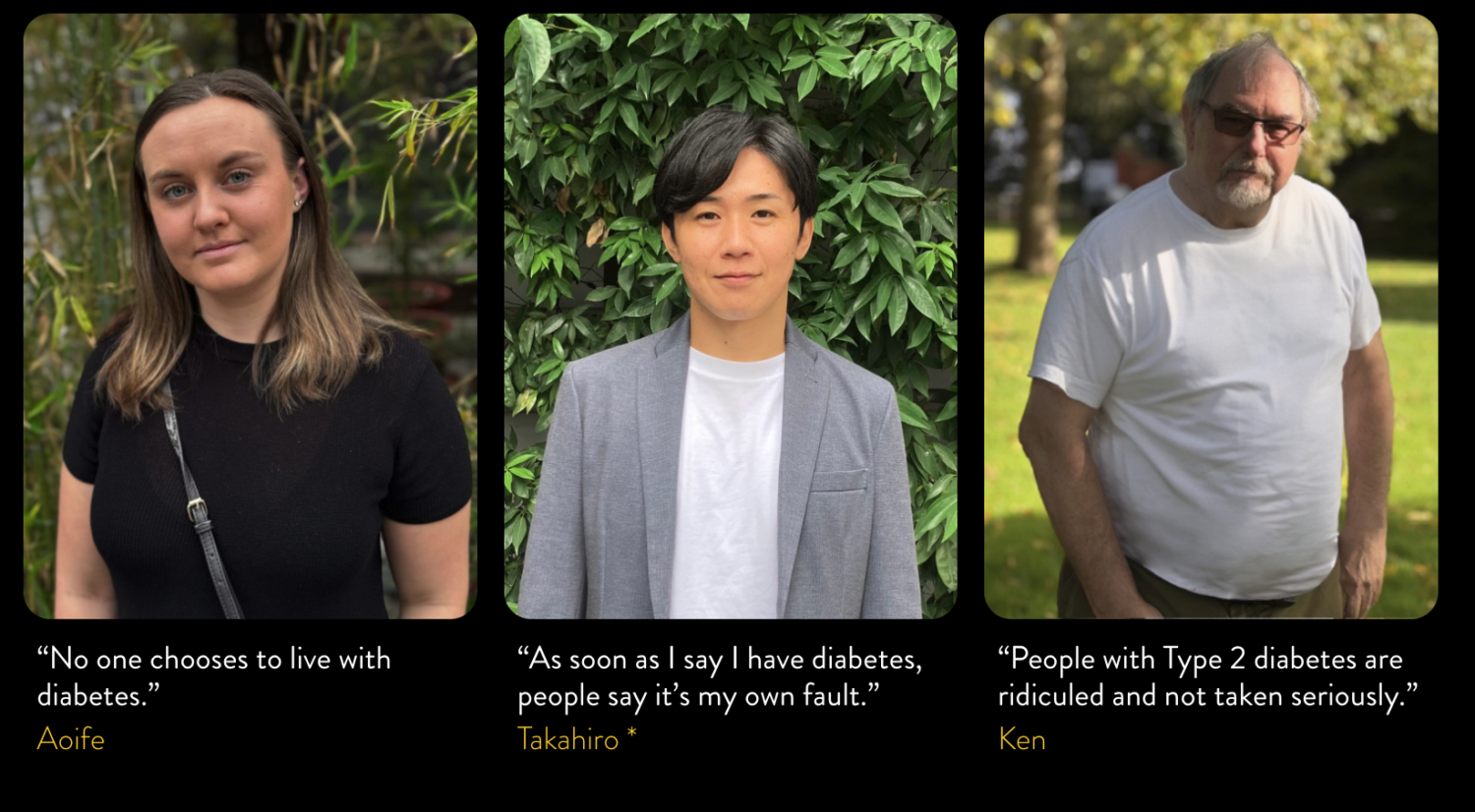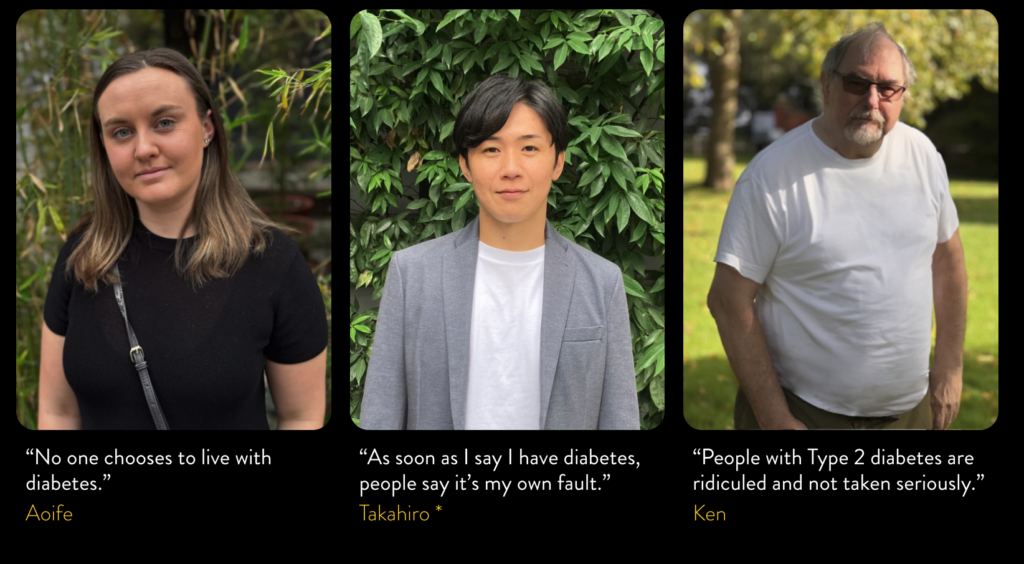
What You Should Know:
– A recent survey and film conducted by Abbott reveals the significant impact of stigma and misconceptions on people living with diabetes.
– The survey, which polled over 2,600 people with diabetes across eight countries, including the United States, revealed that nearly 70% believe there is stigma associated with their condition.
Impact of Misconceptions and Stereotypes on People with Diabetes

People living with diabetes – which now includes 1 in 6 adults in America – face many barriers to receiving care. Survey data reveal that the misconceptions and stereotypes around the condition can weigh heavily on the minds of those living with diabetes, creating one more barrier and potentially preventing them from managing their health.
Key findings of the survey data include:
– Diabetes as a punchline: 85% of respondents reported seeing inaccuracies about diabetes in media and entertainment, with 40% feeling diabetes is used as a punchline.
– Shame and silence: Nearly 25% avoided sharing their diagnosis with family or friends due to embarrassment or concern.
– Health consequences: 40% skipped or missed doctor’s appointments due to shame or stigma.
– Biometric responses: The survey also revealed physiological responses to stigmatizing statements, with the question “Should you really be eating that?” prompting the strongest reaction.
Despite the challenges posed by stigma, the survey also offers a glimmer of hope. Nearly 70% of respondents believe that supportive comments from others can significantly boost their motivation to manage their condition.
Abbott’s Above the Bias Initiative
To raise awareness and promote understanding of diabetes, Abbott has launched the Above the Bias initiative. This initiative aims to help people see the world from the perspective of someone living with diabetes and foster a more supportive and inclusive environment.
“How many times have we heard ‘That looks like diabetes on a plate’ when we’re watching a movie, eating at a restaurant or scrolling through social media?,” said Dr. Susan Guzman, Behavioral Diabetes Institute co-founder, clinical psychologist, and diabetes specialist. “After more than two decades of research and working with people managing diabetes, I can tell you that misconceptions around diabetes take a real toll on people. If we want to help people have healthier lives, we have to recognize where and how bias around diabetes exists and promote a compassionate and fact-based understanding of diabetes.”

